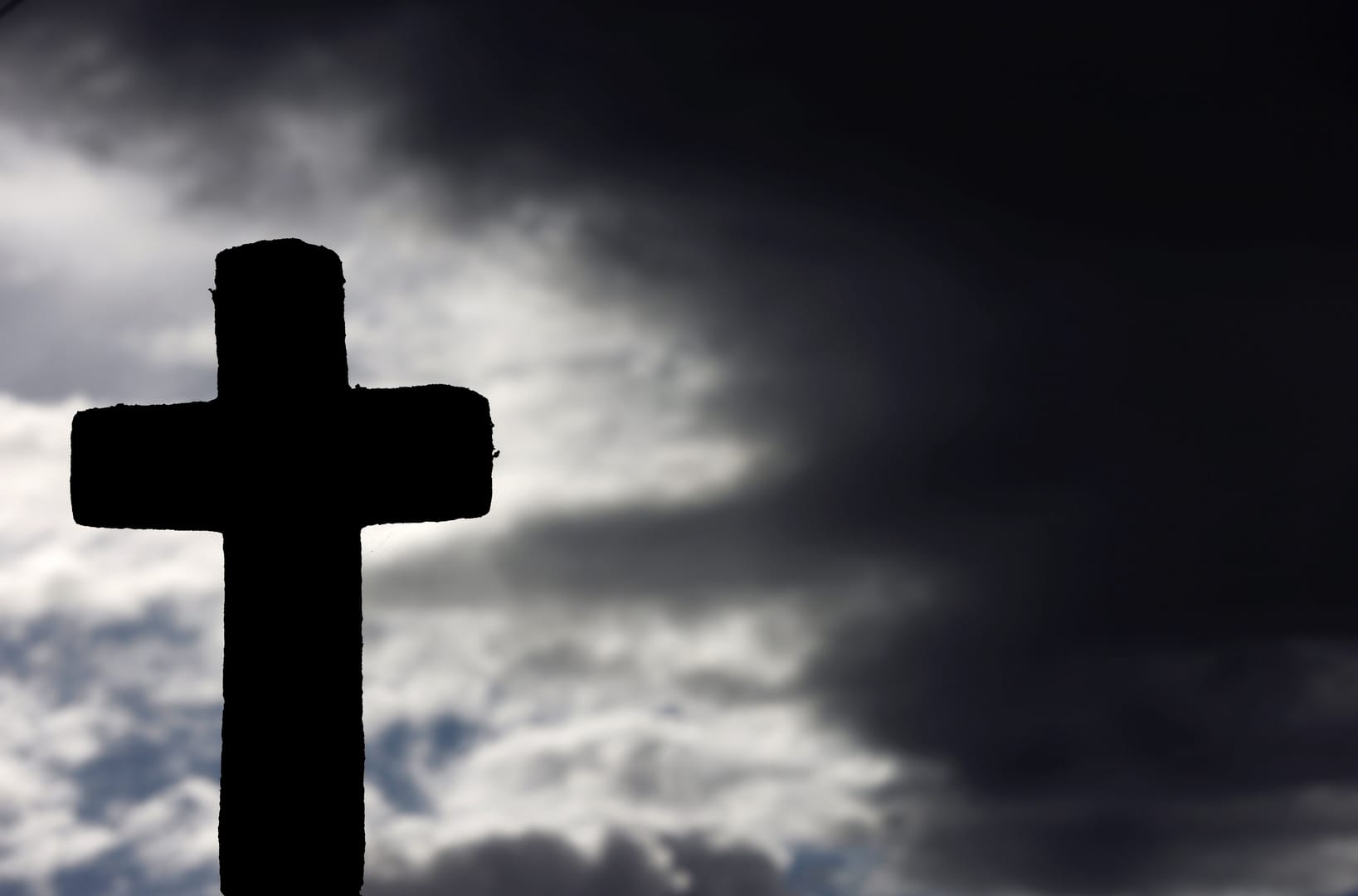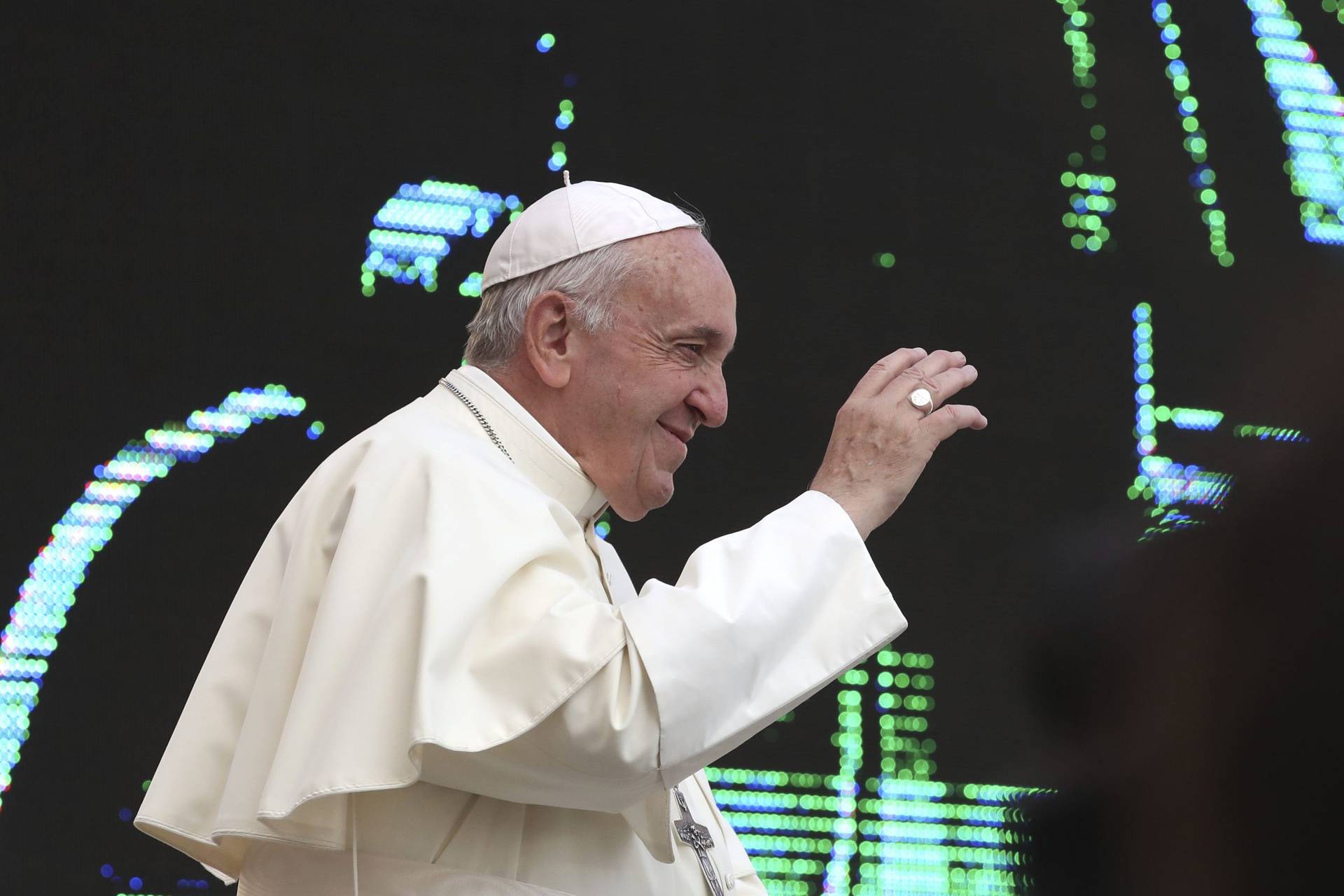Just days now from Pope Francis’ arrival in the United States, the media is filled with analyses of what his papacy has meant inside and outside the Church.
Some secular liberals are still gushing. Feminist Catholics and sex abuse survivors? Not so much. Conservatives don’t like his de-emphasizing abortion. Conservative Catholics in Congress won’t welcome blunt talk on climate change or putdowns of unfettered, winner-take-all capitalism. Everyone says his words of openness and mercy have not translated into a single doctrinal change. And they are right.
But the so called “Francis Effect” lives on for those of us dissenting Catholics who feel welcomed by a pope for the first time in half a century. It’s pathetic, I suppose, that so little – an all-talk, no-action gesture of acceptance — can mean so much. But consider the contrast.
Before Francis, the Church too often seemed like a safe haven for bigoted commentary against gays and women who ask too many questions. We heard from Rome what horrible people we are: the cohabitating, the divorced and remarried, those who lobby for women priests or married priests, the sneaky nuns who dare embrace feminism, the gays and lesbians who dare just exist.
Get out. You’re unworthy, not good enough. Go become an Episcopalian. The pope doesn’t care if you stay. He wants a Church that’s pure.
But Francis?
Francis has ditched the “get lost” message. He is not pushing us away, but inviting us back. We are, every one of us, struggling sinners, he says, and Communion is “not a reward for the perfect, but medicine for the sick.”
Under Francis, it’s not so clear who the so-called “cafeteria Catholics” are anymore. Are they Catholic mothers taking the pill? Or Catholics who support Donald Trump’s plan to keep out poor immigrants and now even desperate Syrians?
Francis has hoisted the self-righteous in his Church and his hierarchy on their own petard. He has said it’s easy to judge and condemn. It’s not so easy to accept those refugees into your neighborhood and your parish. It’s not so easy to give to the poor — not from your excess, but from your need. It’s not so easy to see with compassionate eyes, and then act.
“If one has answers to all the questions, that is proof that God is not with him,” Francis says. “The great leaders of the people, like Moses, always left room for doubt.
“Be humble.”
Francis has also lifted the shame I felt for my Church when the sex abuse crisis blew up in Boston in 2002. He’s not done nearly enough to right the wrongs of that horror. But he has ditched the hypocrisy and the ridiculous, Church-spread excuse that this could all be blamed on loose sexual morals and homosexuality and troubled families out for cash.
Francis has reminded us, too, that there is more to Catholicism than the rules we’ve obsessed over. To the secular, this does not matter. To the practicing Catholic, it matters plenty. He’s reminded us, in simple homilies and writings, of the radical example of Jesus Christ and the great paradox at the center of Christianity: that embracing Christ’s radical path brings joy.
“Those who accept [Christ’s] offer of salvation are set free from sin, sorrow, inner emptiness and loneliness. With Christ joy is constantly born anew,” he writes in “The Joy of the Gospel,” where he repeats the word “joy” or “rejoice” over and over again and puts you in a totally terrific mood.
“God asks everything of us, yet at the same time he offers everything to us.” And he does not disappoint, Francis says, though you might think otherwise with all these Christian evangelizers running around looking cross and miserable — like they have “just come back from a funeral,” he says, living lives “like Lent without Easter.” There is a reason the gospels are called “the good news.” Best of all, he says, a person need not be perfect, even close, to get with the program.
This is not the sort of thing I heard from Benedict or even the dashing John Paul II before him. It’s not something I ever thought I’d hear. It’s not doctrinal change. Yes, yes, we know that. But it is change nonetheless, and “it is the particular genius of Catholicism,” writes Alexander Stille in this week’s The New Yorker, “that it continues to change while insisting it has never changed.”
Francis keeps hope for change alive.
Not once in my life have I cared so passionately about a long and healthy Catholic papacy. But for Francis, I pray every day.














